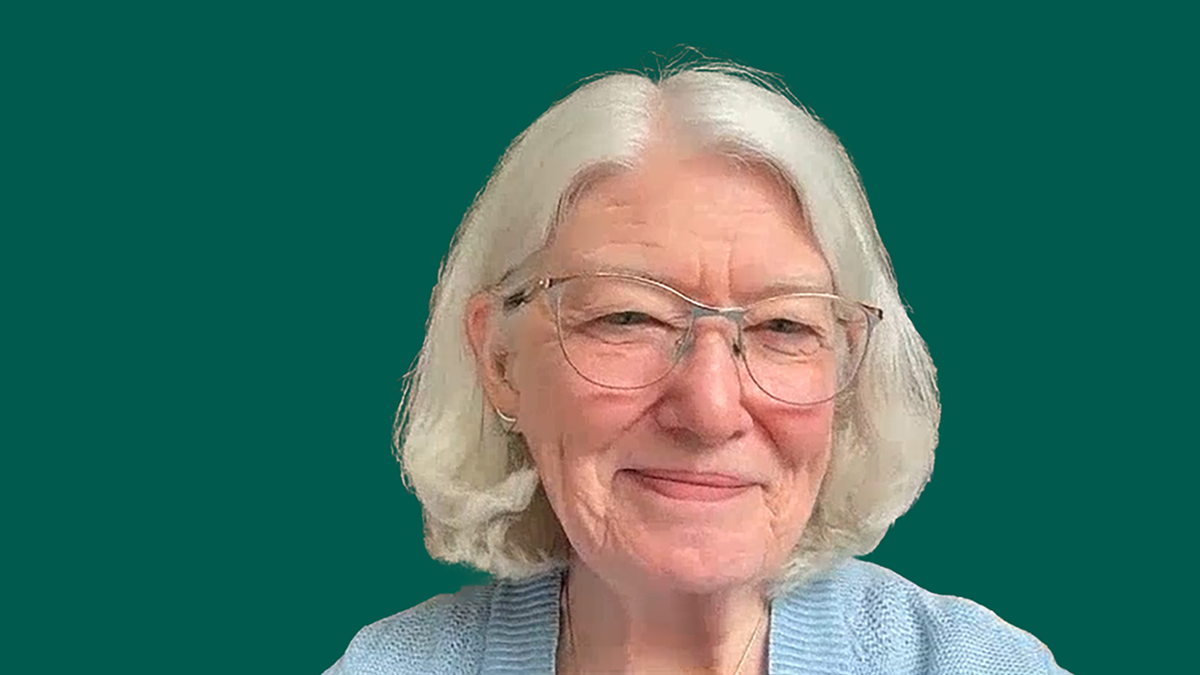BC SUPPORT Unit
Methods Clusters
In 2016, the BC SUPPORT Unit funded a five-year initiative to study the methods of patient-oriented research: the “Methods Clusters.” The Methods Clusters studied the way patient-oriented research is done, and how it could be better.
We interviewed three BC leaders in patient-oriented research methods.
Drs. Davina Banner-Lukaris, Nick Bansback and Martha MacLeod shared the joys and challenges of engaging people with lived experience in patient-oriented methods research.

“I think the beauty and depths of the relationships you build are amazing. That surprised me. You work so closely with people, you become colleagues, you become friends, you then become family. But there’s hard things that can come with that. With complex health conditions, people deteriorate, experience health crises. That’s the emotional reality of these partnerships. Patient partnerships humanize the research process. When a patient partner shares their experiences, we all become patients.”
– Dr. Davina Banner-Lukaris, professor and interim associate vice president research operations at the University of Northern British Columbia

“One thing I wasn’t ready for, and was really healthy on reflection, was involving patient partners in budget decisions around the research spending. If they’re going to be a partner – a true partner – that doesn’t mean just having them come in on certain meetings and then exclude them from others.”
– Dr. Nick Bansback, professor at the University of British Columbia and scientist at the Centre for Advancing Health Outcomes

“What I learned, and this is what the patients taught us, was that we are not just patients. We are people with careers. We are people with life experiences. We are people with areas of expertise that research teams need. And by the way, we’re patients. I think that’s a key piece that’s going to keep patient-oriented research moving forward differently.
– Dr. Martha MacLeod, PhD, RN, professor emeritus at the University of Northern British Columbia.

